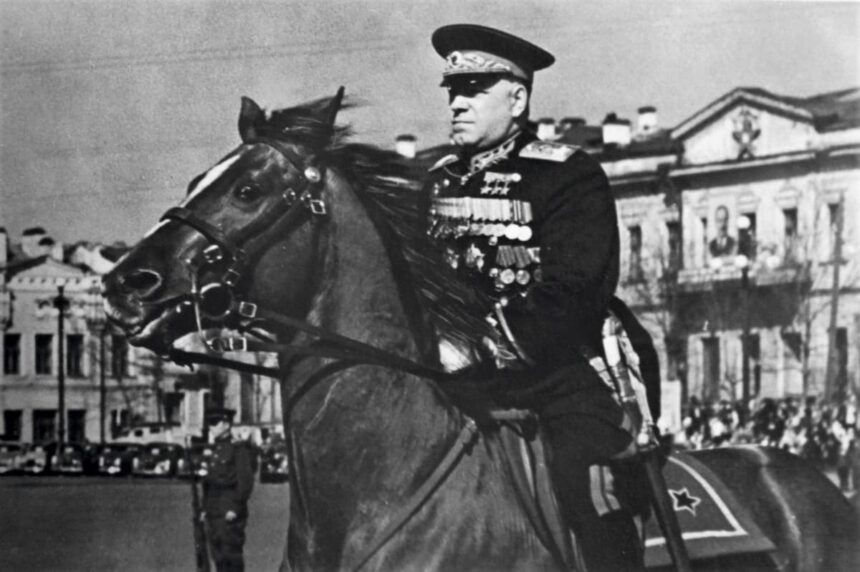Georgy Zhukov: Stalin’s Iron Fist
Georgy Zhukov was Stalin’s top general. During World War II, he led the Red Army from victory to victory, but when peace arrived, Stalin no longer had use for the beloved war hero.

Georgy Zhukov was Stalin’s top general. During World War II, he led the Red Army from victory to victory, but when peace arrived, Stalin no longer had use for the beloved war hero.



